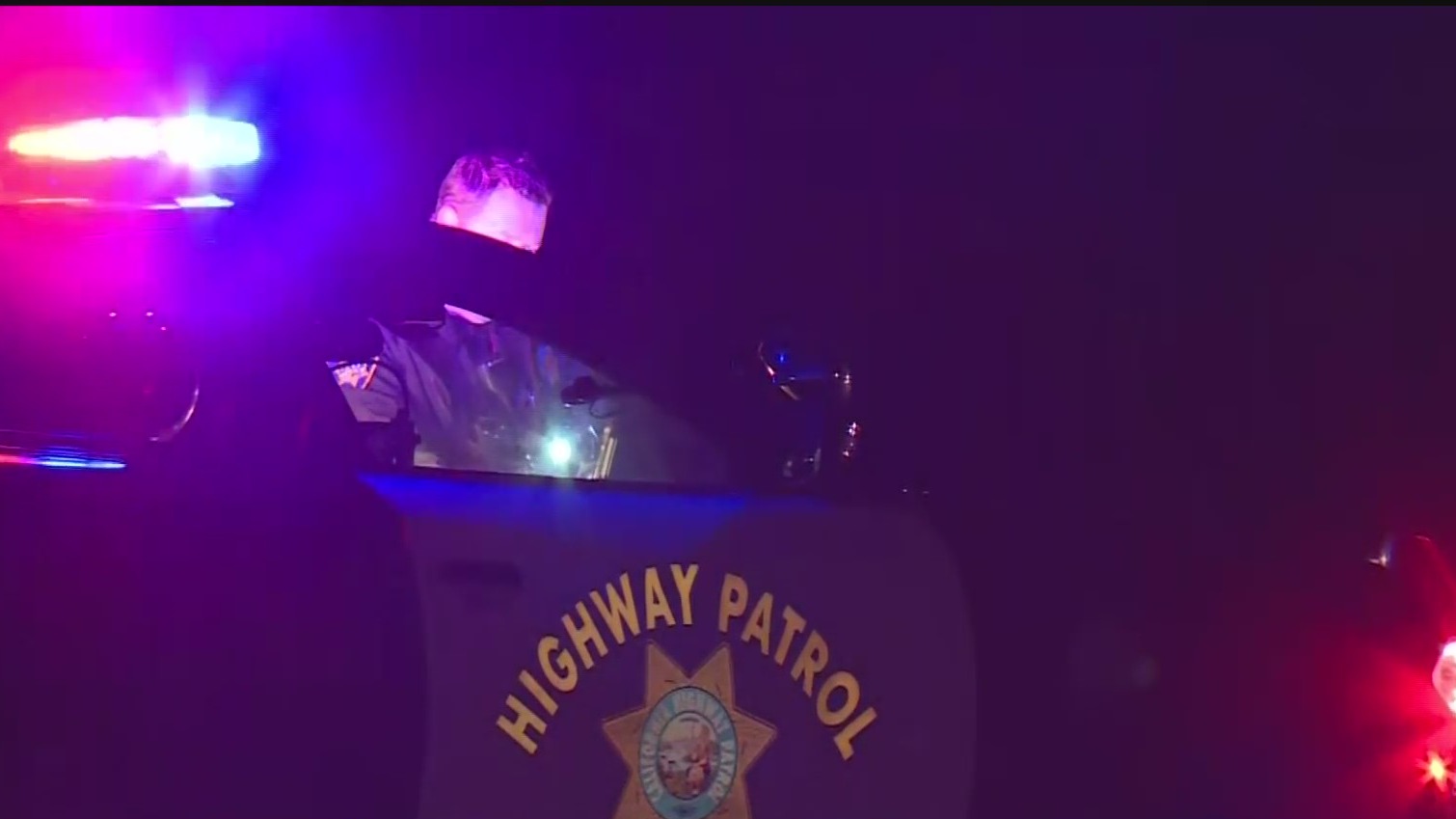![]()
June 25, 2021, 3:57 p.m. ET

MINNEAPOLIS — Derek Chauvin, the former police officer convicted of murder in the death of George Floyd, was sentenced on Friday to 22 and a half years in prison, bringing a measure of closure to a case that set off waves of protest across the nation over police abuse of Black people.
The sentence, delivered by Judge Peter A. Cahill of Hennepin County District Court, came more than a year after a widely shared cellphone video captured Mr. Chauvin pressing his knee on the neck of Mr. Floyd for more than nine minutes along a Minneapolis street. Earlier this year, Mr. Chauvin was convicted of second-degree murder, and the sentence followed emotional statements in court Friday by members of Mr. Floyd’s family as well as by Mr. Chauvin’s mother.
Mr. Chauvin, who spoke only briefly during the hearing on Friday, offering condolences to the Floyd family, has been behind bars since his trial, which ended in April. The judge said Mr. Chauvin would be credited with 199 days already served toward his sentence. Officials said he was being kept in solitary confinement for his own safety.
Before the sentencing hearing, Mr. Chauvin’s lawyer, Eric J. Nelson, had pressed the court for leniency, asking for probation and time served. Mr. Nelson wrote in a memorandum that Mr. Chauvin had not known that he was committing a crime when he tried to arrest Mr. Floyd on a report that he had tried to use a fake $20 bill to buy cigarettes. Mr. Nelson also argued that placing Mr. Chauvin in prison would make him a target of other inmates.
In seeking a 30-year prison sentence for Mr. Chauvin, prosecutors had argued that the former officer’s actions had “traumatized Mr. Floyd’s family, the bystanders who watched Mr. Floyd die, and the community. And his conduct shocked the nation’s conscience.”
The killing of Mr. Floyd, a 46-year-old Black man, by Mr. Chauvin, 45, who is white, led to a national reckoning over racial injustice in almost every aspect of American life. Calls emerged around the country to defund police budgets, remove statues of historical figures tied to racism and diversify predominantly white corporate boards.
The maximum sentence allowed under Minnesota law for second-degree murder, the most serious charge Mr. Chauvin was convicted of, is 40 years. Under Minnesota’s sentencing guidelines, though, a presumptive sentence for someone like Mr. Chauvin with no criminal history is 12 and a half years. The jury, which deliberated for just over 10 hours following a six week trial, also convicted Mr. Chauvin of third-degree murder and manslaughter.
In recent weeks, Judge Cahill had ruled that four so-called aggravating factors applied to the case, raising the prospect of a harsher sentence. The judge found that Mr. Chauvin acted with particular cruelty; acted with the participation of three other individuals, who were fellow officers; abused his position of authority; and committed his crime in the presence of children, who witnessed the killing on a Minneapolis street corner on May 25, 2020.
Mr. Chauvin’s conviction was a rare rebuke by the criminal justice system against a police officer who killed someone while on duty. Officers are often given wide latitude to use force, and juries have historically been reluctant to second guess them, especially when they make split-second decisions under dangerous circumstances.
Mr. Chauvin is one of 11 police officers who have been convicted of murder for on-duty killings since 2005, according to research conducted by Philip M. Stinson, a criminal justice professor at Bowling Green State University. The lightest sentence has been just less than seven years in prison, while the harshest was 40 years. The average sentence has been 21.7 years.
Mr. Chauvin’s sentencing on Friday, while a significant milestone, does not end the legal proceedings concerning Mr. Floyd’s death. Mr. Chauvin still faces criminal charges in federal court, where he is accused of violating Mr. Floyd’s constitutional rights. And three other police officers face a state trial on charges of aiding and abetting second-degree murder and manslaughter. Those officers, too, were indicted by a federal grand jury.
Originally scheduled to stand trial together in August, that second trial was moved to March 2022. After Mr. Chauvin’s conviction, Judge Cahill said he wanted to put some “space” between the overwhelming publicity generated by Mr. Chauvin’s trial and the trial of the other officers.
Judge Cahill’s decision to delay the trial came after a federal indictment was issued against Mr. Chauvin and the other officers, charging them with violating Mr. Floyd’s constitutional rights. A trial date for the federal case has not been scheduled.
There is also speculation that prosecutors for both the state and the Justice Department are eager to reach plea deals, and avoid altogether further trials that would traumatize, once again, Mr. Floyd’s family, the many witnesses who appeared at Mr. Chauvin’s trial, and the wider community.
The other three officers, if they are convicted, could face the same sentence Mr. Chauvin received.
All three officers were seen on the harrowing bystander video that captured Mr. Floyd’s agonizing final moments, and was the central piece of evidence at Mr. Chauvin’s trial.
Image

Two of the officers were rookies and in their first days on the job: Thomas Lane, 38, who was seen in the video holding down Mr. Floyd’s legs; and J. Alexander Kueng, 27, who was positioned on Mr. Floyd’s back. The third officer, Tou Thao, 35, a veteran and Mr. Chauvin’s partner, held back a group of bystanders who became increasingly vocal as they watched Mr. Floyd say repeatedly that he could not breathe.
Mr. Lane and Mr. Kueng were the first officers to arrive at Cup Foods, a convenience store in South Minneapolis where Mr. Floyd allegedly used a fake $20 bill to buy cigarettes. By then, Mr. Floyd was sitting outside in a car, and Mr. Lane approached him with his gun raised and yelling profanities. The officers handcuffed Mr. Floyd, who was initially compliant.
But when they tried to get him in the back of their squad car, Mr. Floyd said he was claustrophobic and suffering from anxiety, according to the transcript of body camera footage. By then, Mr. Chauvin had arrived, and after more than nine minutes of being pressed to the concrete under Mr. Chauvin’s knee Mr. Floyd went limp, and silent.
This is a developing story. Check back for updates.

 2 years ago
493
2 years ago
493









 English (US) ·
English (US) ·